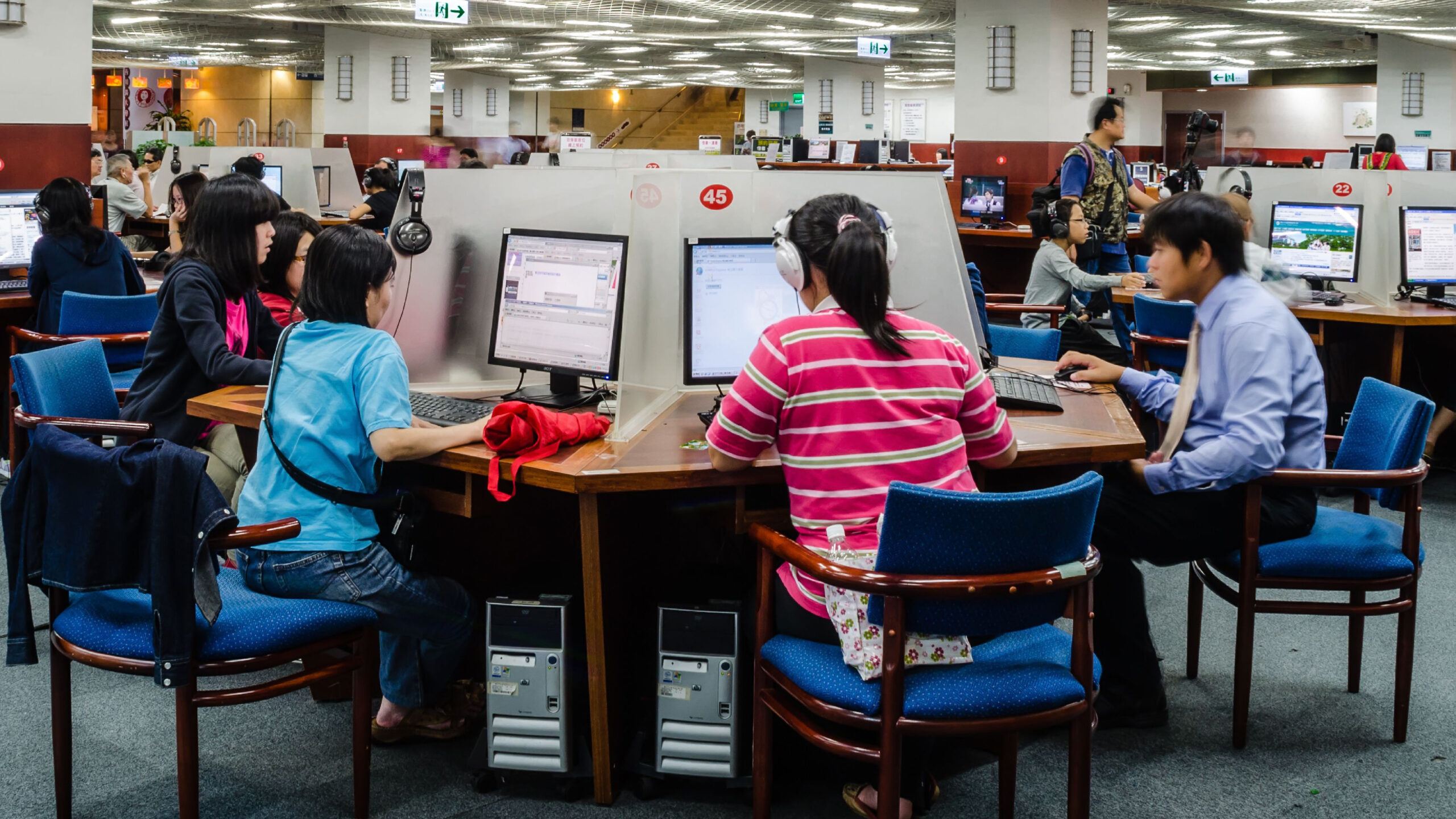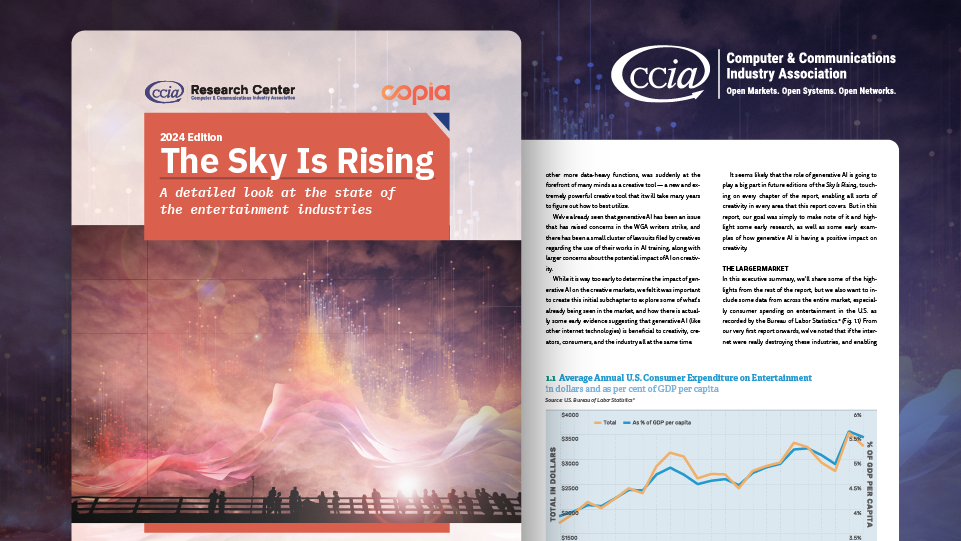On a journey: The Internet, Travel and Crispy Fried Eel
I’m just back from a jaunt to Hanoi and Halong Bay. Travel was one of the first industries to be shaken up by internet and the reams of information available online have changed where we go, how we book it and what we do once we get there. More people are travelling more often than ever before, and the internet isn’t just facilitating that, it’s indispensable.
I’m part of the generation which came of age just as the internet did — to sum it up, when friends went on gap years before university, they’d send letters and if they went after it was e-mail. When one considers the difference in effort and risk involved in planning a trip then and now, it’s as mind-blowing as Vietnamese traffic.
Even for the most straightforward journey, you can find cheap flights on Skyscanner, Kayak or Google Flights, a rail alternative, or easily get driving directions. There’s a spectrum ranging from travel blogs to booking sites to seriously niche geekery: which airline will get give you that extra 2.5 cm of legroom? Seatguru is your friend.
Then there’s Lonely Planet’s Thorn Tree forums where no journey is too dangerous or crazy to discuss — and having done a fair bit of travelling alone or with girlfriends I’ve found online advice on social mores for everywhere from Manhattan to the Middle East to be invaluable.
Vietnam has a mixed reputation with travel bloggers who have tried to do it all spontaneously, which made organizing as much as possible online that much more appealing. We got our hotels through Booking.com, read dozens of reviews of Halong Bay, and then ventured through the streets of the old town past silk-sellers and pastry-peddlers to the Hanoi Street Food Tour.
Mango, our guide, was smiling, knowledgeable and enthusiastic and took us on a three-hour stroll — well, more of a waddle by the end — full of fermented pork, green papaya salad and even crispy fried eel. We drank egg coffee, local beer and rice wine, and made our own stuffed pork pancakes. It was superb — and where did we find her? TripAdvisor*.
Hanoi Street Food Tours started in September 2013, has a website and Facebook page, and now gets about half its booking online, the organizers say. The other half come from word of mouth. At the end, Mango wrote down the names of the cafes we’d been to, passed the paper round to photograph: social media-tastic.
Many smaller operations like B&Bs, restaurants and tours are setting up in Vietnam thanks to the ease of attracting customers online. Before, the only way you knew what you were getting in far-flung countries was to go with a big brand name: now review sites mean you have a pretty good idea of what to expect before you even get to the airport.
TripAdvisor bestrides online travel reviews like a colossus. While Expedia, Booking.com and Facebook all have reviews galore, they don’t affect the economies of entire countries. TripAdvisor’s online disruption has fully translated into the real world: a University College Dublin study showed Tripadvisor led to real-world improvements in Ireland’s hotels, not just because of peer pressure, but also because hoteliers knew what customers wanted fixing.
The “gamification” of visiting and the non-stop flow of feedback isn’t just for consumers to show off. Possibly the best pulled pork I’ve ever eaten in my life was at a roadside cafe in Australia’s Hunter Valley. The owner joked (I hope) that as soon as he gets 100 5-star Facebook reviews, he’s retiring.
Another awesome thing about TripAdvisor and the like is they give a shopfront to unconventional travel experiences. In London, UK Beer Sommelier of the year Jane Peyton will guide you round the capital’s finest drinking establishments for a selection of superb ales — and most people find her business online.
“I owe Tim Berners-Lee a drink because without the World Wide Web my London Pub Tour business would not exist,” she says. With her own site, Viator and TripAdvisor, overseas visitors, mostly Americans and Canadians, easily find her online. “Nowadays before booking anything the majority of travellers use TripAdvisor to check the opinions and experience of other travellers,” she adds. “I also have promotional videos on YouTube so people can see what I look like and decide if they want to spend a few hours with me!”
The only times when we came unstuck in Hanoi were when we didn’t think to consult the web — meaning we headed to Ho Chi Minh’s Mausoleum when it was shut. Or, when we couldn’t: one of the main gripes about Vietnam is taxis. We had everything from outrageous scammers to a kind, helpful and honest man who carried our cases and even phoned our B&B when directions proved tricky. Cảm ơn, that guy. Still, there’s no question I feel more confident in places where I can do some serious online research before going. And at least we knew the taxis were unpredictable.
Of course, nothing is perfect. Some will always try to game the system, offering punters a free cocktail for a favourable review. One place we stayed in Vietnam was a bit too enthusiastic — fine, you want a nice review but does that mean we have to be Facebook friends within an hour of meeting?
Having an open platform means it’s easy to trash rival businesses, especially newcomers. And as online reviews emerge as valuable content, companies have scrambled to get it on their sites.
Also, things can work too well — I stopped going to one of my all-time favourite restaurants in Brussels because it got into the top ten on TripAdvisor rankings, doesn’t take reservations, and is now always full of tourists. Ironic. TripAdvisor declined to comment for this piece.
Then there’s the subjectivity of reviews: one person’s local colour is another’s annoying racket, and everyone has their own opinions about pillow fluffiness. Tom Vanderbilt nails this brilliantly here: he surrendered his entire planning for a trip to Mexico to TripAdvisor — and had a great time. Although, as one single friend noted, at least you can filter the reviews on Booking.com to take out all the smug couples #foreveralone
Even if travel is of the most mature sectors in terms of online disruption, there’s still a lot more to come. As the Irish study shows, existing players will raise their game. But experiences like Jane Peyton’s pubs and the Hanoi Street Food Tour couldn’t really exist on any serious scale before the internet. The information age fosters competition on merit, not just advertising firepower, by enabling companies or people who are good at what they do to get found, grow their business and let others talk about it online.
*It also led us to the Women’s Museum, which was fascinating. Highly recommended!








